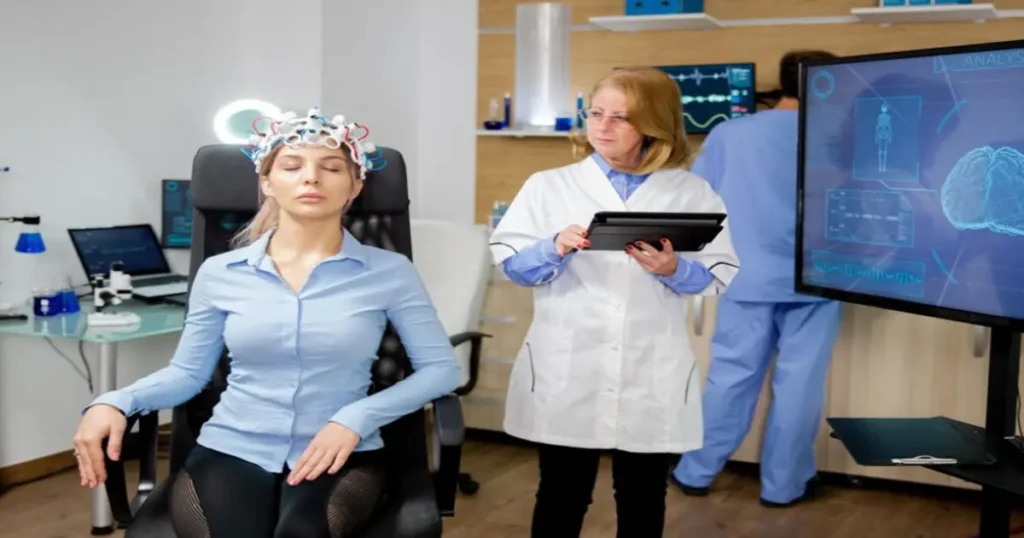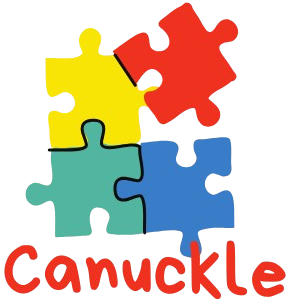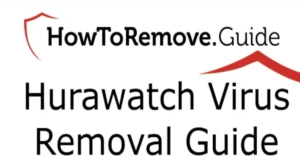
Introduction
Anxiety and Panic Neurosis (APN) TMS Treatment APN is a challenging mental health condition that significantly impacts the daily lives of those affected. While traditional treatments like medications and psychotherapy are common, Transcranial Magnetic Stimulation (TMS) offers a revolutionary, non-invasive alternative. TMS is proving to be a game-changer for patients who haven’t found relief with conventional therapies.
Understanding APN and the Need for Innovative Therapies
APN is characterized by persistent anxiety, fearfulness, and panic episodes. It affects emotional well-being, cognitive functioning, and overall quality of life. Traditional approaches, including selective serotonin reuptake inhibitors (SSRIs) and cognitive-behavioral therapy (CBT), often help but may fail in severe or treatment-resistant cases. This gap has led to the adoption of innovative options like TMS.
What Is TMS Treatment APN?
TMS is a non-invasive procedure that uses magnetic fields to stimulate nerve cells in specific brain areas. By targeting the regions involved in mood regulation, TMS helps alleviate symptoms associated with APN. Unlike electroconvulsive therapy (ECT), TMS does not require sedation, avoids memory-related side effects, and is generally well-tolerated.
The therapy involves placing a magnetic coil near the patient’s scalp to deliver focused pulses to the brain’s regions associated with anxiety and mood regulation. These pulses stimulate the release of neurotransmitters like serotonin, dopamine, and norepinephrine, restoring the balance necessary for emotional stability.
How TMS Works for APN
TMS works by modulating brain activity in areas responsible for emotional processing and fear responses, including the prefrontal cortex. Research indicates that it enhances neural plasticity, allowing the brain to adapt and function more efficiently. Each session lasts about 20-30 minutes and is conducted over several weeks, typically requiring 20-30 sessions for optimal results.
During treatment, patients are awake and comfortable. Many describe the sensation as mild tapping or clicking on the scalp. There is no downtime, making it a convenient option for individuals balancing treatment with daily responsibilities.
The Benefits of TMS Treatment APN
- Non-Invasiveness: TMS does not involve surgery, sedation, or systemic medication side effects.
- Minimal Side Effects: Unlike traditional antidepressants, TMS avoids issues like weight gain, fatigue, or nausea. Some patients report mild headaches or scalp discomfort, which usually subside after a few sessions.
- Efficacy in Treatment-Resistant Cases: Studies show that TMS significantly improves symptoms in patients unresponsive to medications or psychotherapy. For example, 60-70% of patients report symptom improvement after completing TMS therapy.
- Long-Lasting Results: Research highlights sustained benefits, with many individuals experiencing reduced anxiety and panic symptoms months after treatment completion.
Research Backing TMS Effectiveness
Numerous studies underscore the effectiveness of TMS in treating APN. A meta-analysis in JAMA Psychiatry revealed significant symptom reduction compared to placebo treatments. Similarly, a 2019 study found that TMS targeting the medial prefrontal cortex and anterior cingulate cortex alleviated symptoms in over half of the participants. These findings make TMS a promising alternative for individuals struggling with APN.
Safety Profile of TMS Treatment APN
TMS is FDA-approved for treating depression and obsessive-compulsive disorder, with growing support for its use in APN. Serious side effects, such as seizures, are rare and primarily linked to pre-existing conditions like epilepsy. The procedure avoids the systemic risks associated with medications, providing a safer option for many patients.
TMS at All Points North (APN) Facilities
Organizations like All Points North Lodge specialize in delivering TMS therapy using advanced equipment and personalized care plans. These facilities ensure patient comfort and use evidence-based protocols for optimal outcomes. Their expertise in mental health treatment makes them a reliable choice for those considering TMS.
Future Directions and Expanding Applications
Beyond APN, TMS is being explored for other mental health conditions, such as PTSD, substance use disorders, and OCD. As research continues, the versatility of TMS could expand its therapeutic potential, offering hope to individuals with various neuropsychiatric conditions.
FAQs About TMS and APN
1. Who is a candidate for TMS?
TMS is ideal for individuals with APN who haven’t responded to conventional treatments or cannot tolerate medication side effects. A mental health professional can determine eligibility based on medical history.
2. How long do the effects of TMS last?
Many patients experience symptom relief for several months after completing TMS therapy. Maintenance sessions may be recommended for sustained benefits.
3. Is TMS covered by insurance?
Coverage varies by provider and region. Some insurance plans cover TMS for FDA-approved conditions, such as depression, and may include APN on a case-by-case basis.
4. What are the potential side effects?
Common side effects include mild headaches and scalp discomfort, which are usually temporary. Serious side effects, like seizures, are extremely rare.
5. How does TMS differ from ECT?
TMS is non-invasive, does not require anesthesia, and avoids cognitive side effects like memory loss, making it a gentler alternative to ECT.
Conclusion
TMS treatment for APN represents a breakthrough in mental health care. Its non-invasive nature, proven efficacy, and minimal side effects make it a compelling option for individuals seeking relief from anxiety and panic disorders. As awareness and accessibility increase, TMS is poised to transform lives, offering a path to recovery for those who have struggled with traditional treatments.
For more Information please visit my website: Canuckle.






